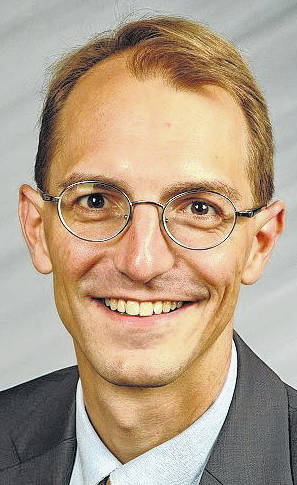
“I’m not really interested in your money. I just want a dollar, and that dollar is going to represent something to the women who have experienced what I experienced.”
— Taylor Swift
“By permitting plaintiffs to pursue nominal damages, the common law avoided the oddity of privileging economic rights over important, but not easily quantifiable, nonpecuniary rights.”
— Justice Clarence Thomas
In the sixteen years since his confirmation, Chief Justice John Roberts has been known for trying to build consensus, for trying to avoid hot button political issues, for his attempts to defend the federal judiciary from unfounded attacks, and for his desire to rebuild public confidence in the Supreme Court. In that time, the High Court has issued 1,179 opinions. And not once in the first 1,178 did the Chief Justice fail to convince at least one other justice to go along with his opinion of the case. Until this Monday.
On Monday, the court decided Uzeugbunam v. Preczewski and for the first, and so far only time in his years on the court, the chief justice filed a solo dissent in an 8-1 decision. The case involved Chike Uzeugbunam, a convert to Christianity who attended Georgia Gwinett College. He wished to use his free time to speak about his faith in public places, but he was told that religious recruitment was limited to specific “speech zones” on campus. He complied, registered, and limited his speech to the times and places where he was given permission, but a student complained about him under a campus policy prohibiting speech that “disturbs the peace or comfort” of another. He did not appeal, did not violate the policy, and graduated. Subsequent to his graduation, the Alliance Defending Freedom sued on his behalf.
To understand the issue, we have to wander — for just a moment — into the weeds of First Amendment claims. Generally, these challenges come in one of two ways. Sometimes a person attacks a restriction beforehand, citing that it acts as a prior restraint on that speech even before the speech happens. At other times, someone is punished by the government for their speech and they challenge that punishment on constitutional grounds. But in this case, Uzeugbunam didn’t fit either process cleanly. And he hadn’t suffered any specific damage. He wasn’t prosecuted, he wasn’t arrested, he wasn’t expelled, and he hadn’t be fined or otherwise spent any money. Most importantly, because he had graduated, and the policy no longer applied to him, he had no ongoing threat of punishment or restriction of his speech.
To try to get around this legal issue, he claimed “nominal damages” — asking for a tiny sum of money in order for there to be a tangible claim that could give the court jurisdiction to hear his case. Courts often use nominal damage claims in order to find that a lawsuit is not moot. A famous recent case (cited by Justice Kagan in this matter) was the sexual assault claim brought against a Denver radio host by Taylor Swift, who asked for only $1 in damages. But the 11th Circuit U.S. Court of Appeals ruled that nominal damages were not enough in a free speech case to prevent the claim being rendered moot, and the case dismissed for that reason.
Thus, the case arrived at the U.S. Supreme Court this term to review the nominal damages question. And it wasn’t a question that divided the court on political or philosophical grounds. Conservatives and liberals, those with a strict construction theory and those with a living document theory, joined together to form an eight Justice majority and overturn the 11th Circuit.
With the chief dissenting, the next most senior justice, Clarence Thomas, got to assign the majority opinion and wrote it himself. Although he and the chief justice are often in agreement, the chief not only penned a solo dissent in this matter, he did not hold back in expressing his distaste for the majority opinion, calling the holding a “radical expansion of judicial power.”
As he has done before, the chief cited Federalist 78 and a 1793 refusal by Chief Justice John Jay to respond to a request from President Washington for an advisory opinion. “Until now,” Roberts penned, “we have said that federal courts can review the legality of policies and actions only as a necessary incident to resolving real disputes. Going forward, the judiciary will be required to perform this function whenever a plaintiff asks for a dollar.” And therein lies the reason for Roberts’ dissent. He doesn’t want the court mired in political disputes, and fears this case will open the floodgates to them.
As for solo dissents, the new makeup of the court suggests that this will not be the last for the chief. The “conservative” wing of the court has five votes of its own. It no longer needs Roberts to carry the majority. And the “liberal” wing cannot form a majority even by siding with him. Only time will tell what effect this has on the chief’s desire to maintain the independence of the judicial branch, and his strong desire to keep political questions in legislative and executive spheres.


